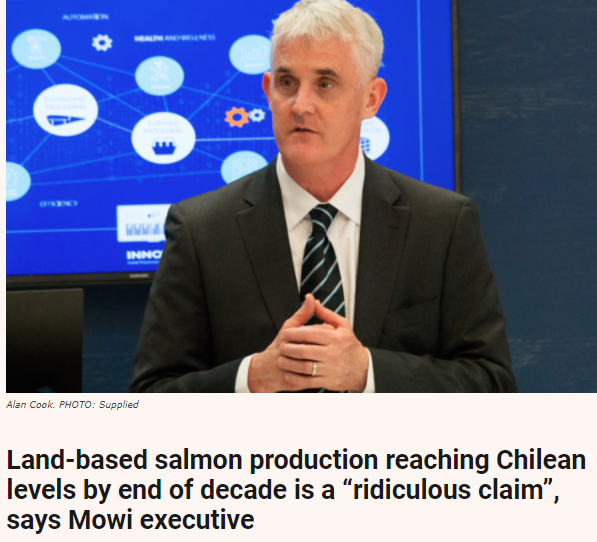 Í þessiar frétt Salmon Business er sagt frá umræðum um þau merkilegu tímamót sem laxeldi er á í heiminum. Sjókvíaeldi í opnum netapokum kemur ekki við sögu í þeirri framtíðarsýn. Tekist er á um hvort eldið muni að stærstu leyti færast í stórar úthafskvíar langt frá strandlengjunni, upp á land eða í hálflokuð kerfi nálægt ströndu, þar sem tryggt verður að starfsemin skaði ekki náttúruna.
Í þessiar frétt Salmon Business er sagt frá umræðum um þau merkilegu tímamót sem laxeldi er á í heiminum. Sjókvíaeldi í opnum netapokum kemur ekki við sögu í þeirri framtíðarsýn. Tekist er á um hvort eldið muni að stærstu leyti færast í stórar úthafskvíar langt frá strandlengjunni, upp á land eða í hálflokuð kerfi nálægt ströndu, þar sem tryggt verður að starfsemin skaði ekki náttúruna.
Skilaboðin til þeirra sem tala enn fyrir opnum sjókvíum eru skýr: Krafan um samfélagslega ábyrgð fyrirtækja mun stigmagnast. Vörum frá þeim sem skaða umhverfið verður hafnað.
Salmon Business vitnar ma. í Al Cohen, sem hefur fjárfest í lokuðum eldiskerfum (RAS), en hann blandaði sér í umræðurnar:
„There is an obvious cognitive comparison bias/heuristic to draw the conclusion that it took the Chile Cage salmon industry 30 years to reach this level, thus the land-based salmon industry will have a harder time. The young investment banker forgot that land-based fish farming has been around for ages. Land-based salmon farming research has started at Atlantic Sapphire in Denmark for more than a decade,” he wrote.
“Land-based salmon farming is revolutionising the industry by localising seafood production and optimising logistics. The Chile salmon industry should get ahead of the game like Norwegians. So far, Chile is in disbelief and the bad news will bite them at the end,” he added.
“Lastly, pay attention to what the green ESG movement is doing to oil and gas. The same wave will come after cage farmers, watch! We are witnessing that already in British Columbia. It’s just a beginning. The Chilean cage-farmers are the same as the oilfield patch, are in disbelief, and don’t want to face a new reality. Land-based seafood will be dominating the market years to come and Norwegians have secured their interest in most RAS projects worldwide. What everyone forgets is ESG Regulatory Risk. No investment banker is factoring that as of now. It will come,” concluded Cohen.“
